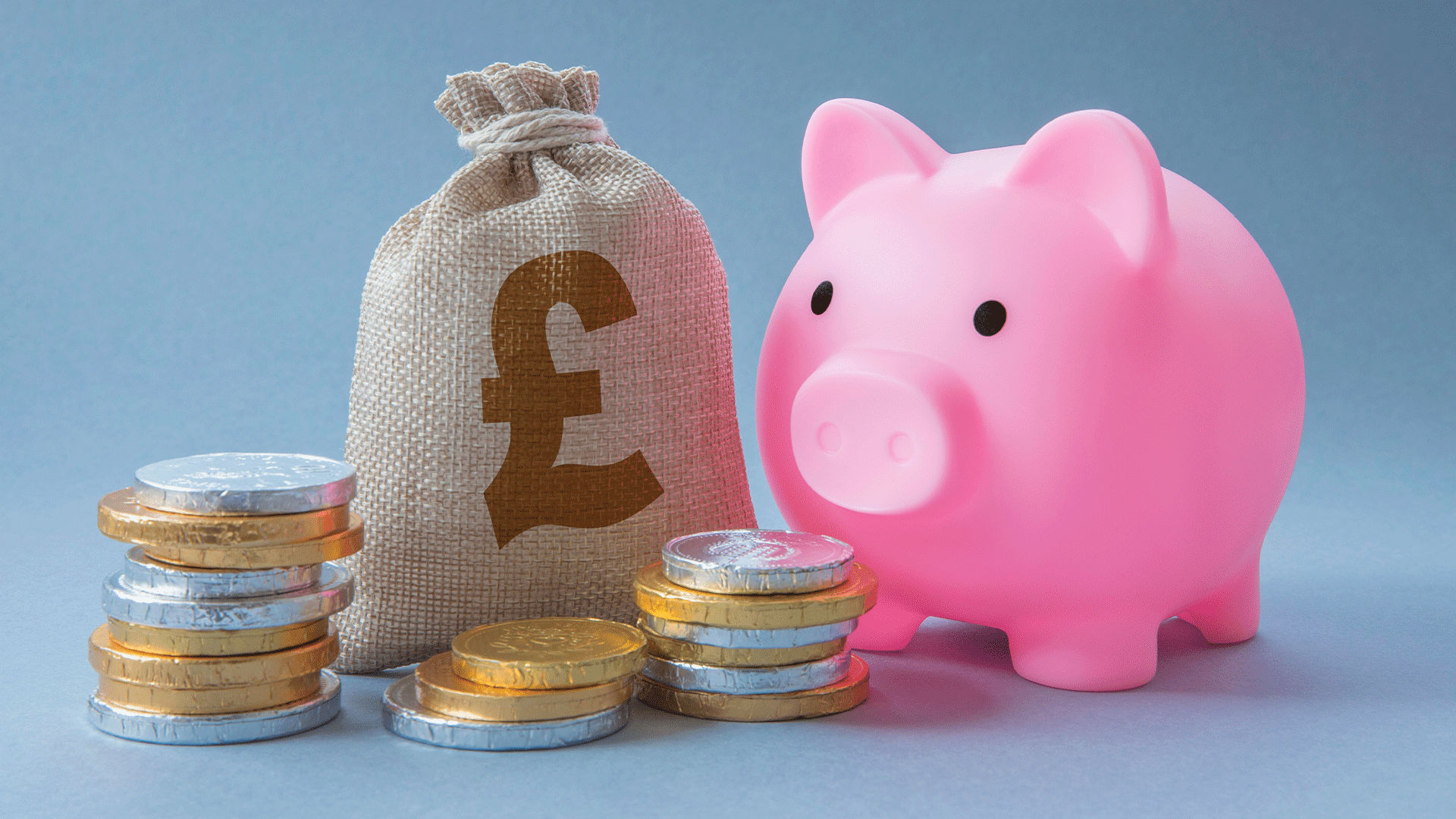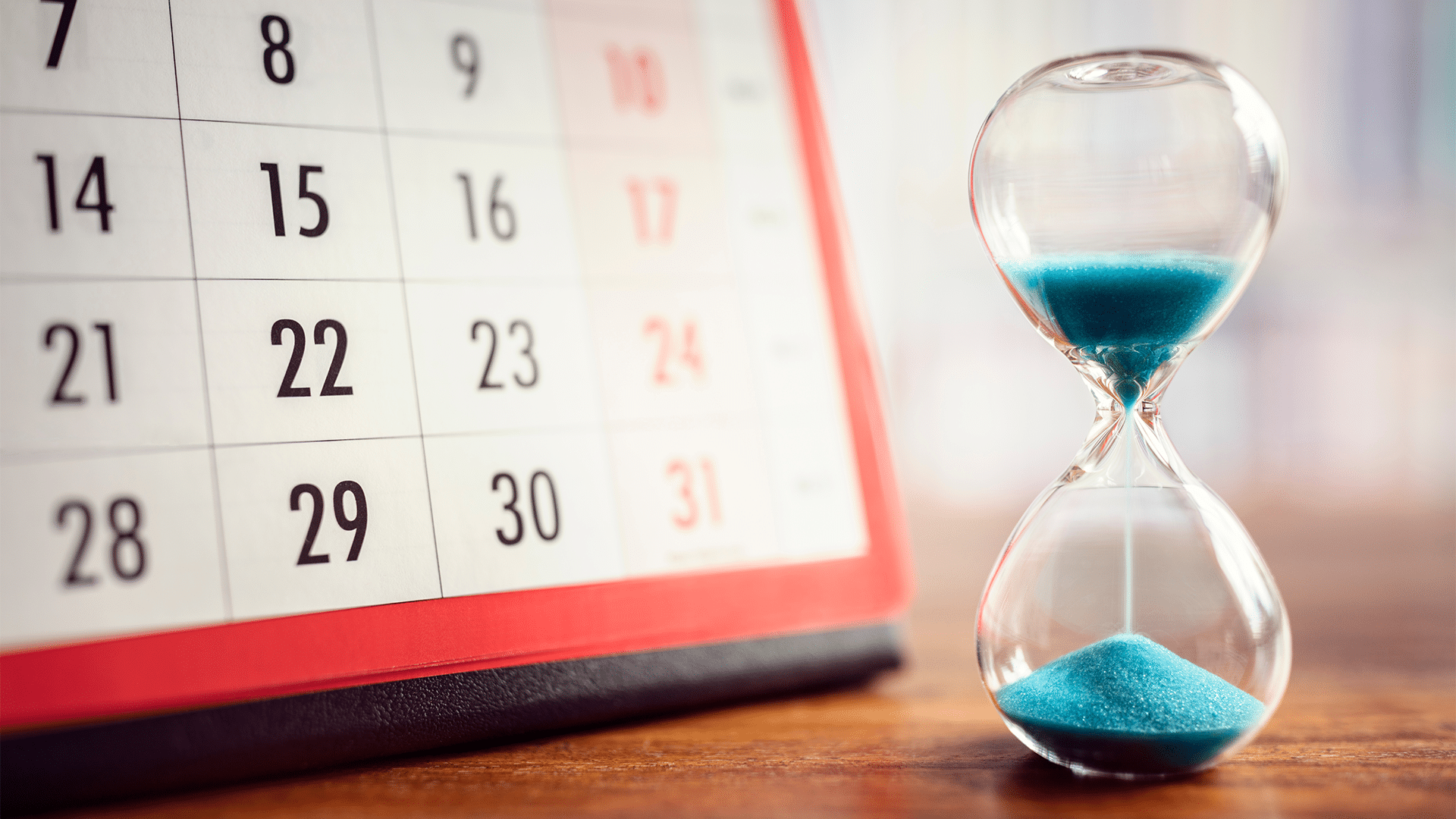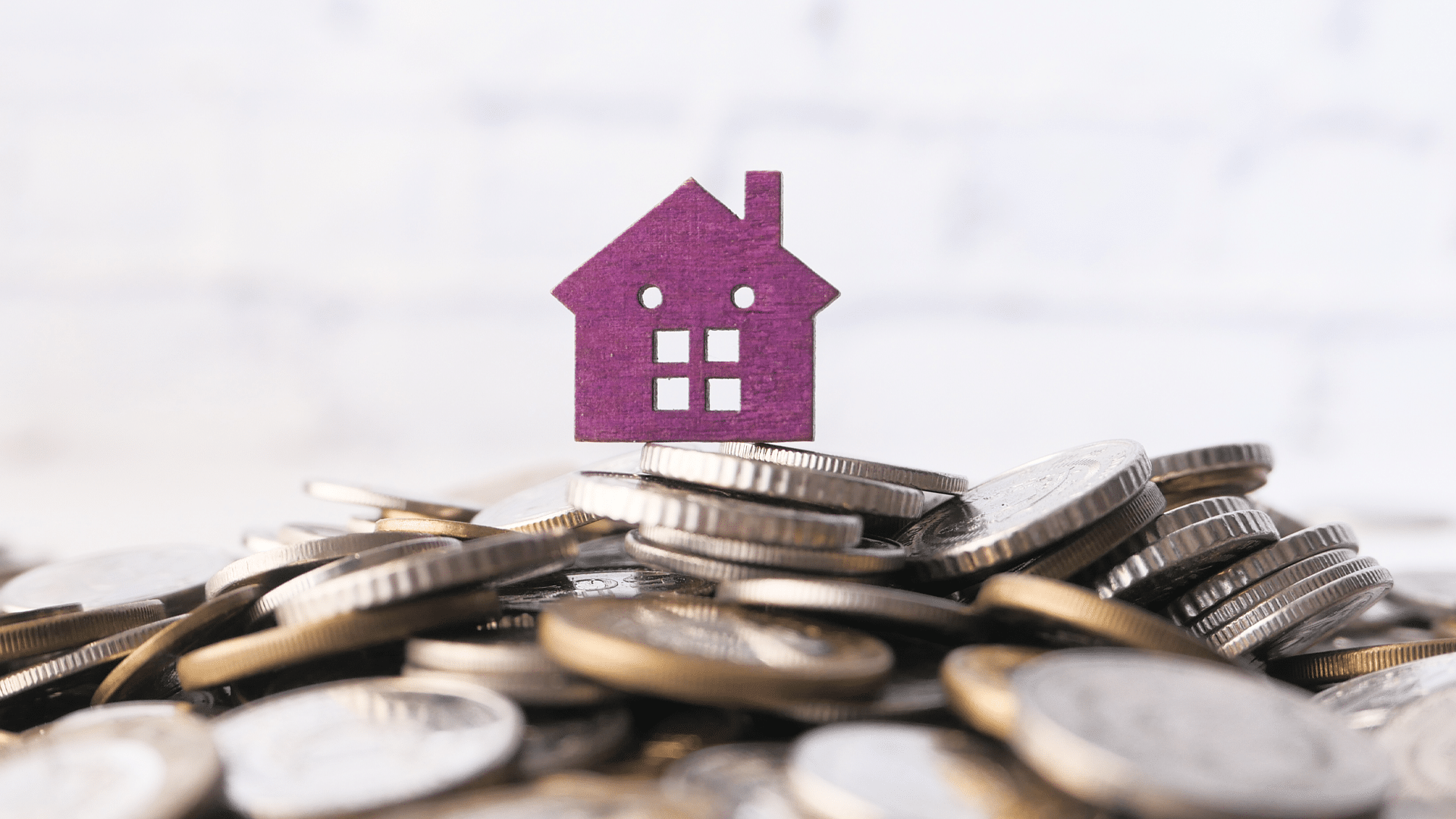First Time Buyer Mortgage Advice in Hull
Stepping into the mortgage world as a First Time Buyer in Hull can be stressful, especially if you don’t have a lot of knowledge and this is a new experience for yourself. However, this doesn’t have to be the case. It’s good to be prepared as possible in order to make the most out of your house buying experience. Below is 9 questions to ask yourself when purchasing a house as a First Time Buyer.
The 9 Most Common Questions:
1. How much interest has there been in the property/development?
It’s good to have a think about a property you have looked at before you commit to it because a mortgage could be one of the biggest financial commitments in your life.
When it comes to the thinking stage of the process, you need to ask how many people have looked and enquired about the property in order for you to know how long you have to make a final decision. Therefore, if the property is getting a lot of interest, you need to have a final answer pretty soon.
2. Is there a property chain?
A property chain happens when there are a number of transactions occurring at the same time for every sale and purchase to be completed.
If the property is a part of a chain, this can have a significant effect on parts of the mortgage process.
In the case where there is no onward chain like a new home, bereavement or emigration, can increase the chance of you moving in quickly especially if you are not part of a chain yourself. You can have more of an advantage as a buyer if you don’t need to sell your own property first because you won’t be interrupting the home buying process.
It’s good to utilise this benefit when negotiating property price negotiations.
3. What’s included in the sale?
It can be common in homes that have had previous owners for them leave some previous items behind, which can be a benefit for you. These items include electronic goods like washing machines, fridges, freezers or things like sheds that have been left by for the next occupant. This doesn’t apply to new build properties as they come as standard or agreed upon prior to being built.
The advantage of this is that buyers can save money can time, however, can be an issue for those who don’t want these items as you will have to find a way to dispose of them. In the circumstance where you buying a new build property, there might additional items you can buy that can be fitted and ready on the day you move in.
4. What are the neighbours like?
Another factor you may consider is the neighbours as a good or bad neighbour can lie in the option of you living in the property. This can be beneficial to do if you are looking into an area you have no knowledge or experience of. If you move into a new build, then you and your neighbours will be the ones building a community thus making the experience risky as you won’t know what anyone is like ahead of time.
5. How much does it cost to run?
When it comes to running costs, it all depends on the house and the location which is why it’s helpful that you do your research and ask the right questions. Look into things like how much the Council Tax is as well as the average spend on utilities which can be done by researching online or asking the seller. By knowing these factors, you can help budget for each property.
6. Which way does the house face?
The direction the house faces can be an important factor to you especially if you like relaxing in the garden in late summer evenings or reading books in natural light. You may find that having a south-facing garden comes with a large premium price to pay because you will receive the most sun throughout the day.
7. How much work will be required after moving in?
This is another factor you need to think about as it can have a significant impact on your budget. With this in mind, below are some things you may want to look into.
- Looking at how energy efficient the house is
- Notifying of any damp issue
- Altering the furnishing
8. Are you open to offers?
The house buying process usually kick starts with negotiating on a property price. It’s best that you are as ready as you can be to make an offer on a property that you like. If you are wanting to build your skills on this, check out our how to make an offer on a property in Hull. As soon as you are prepared, you can then begin negotiating.
To determine if your offer is too high or too low, it’s best to have a chat with the seller of the home or estate agent. From this, you can find out any other offers that have been made and rejected before your offer.
9. When can we move in?
Having a date set in the diary can allow you to plan the other tasks you need to do in advance. These tasks could include instructing a conveyancing solicitor, packing your belongings and sorting out a removal van to bring your belongings to the new property.
Date Last Edited: 09/28/2023














